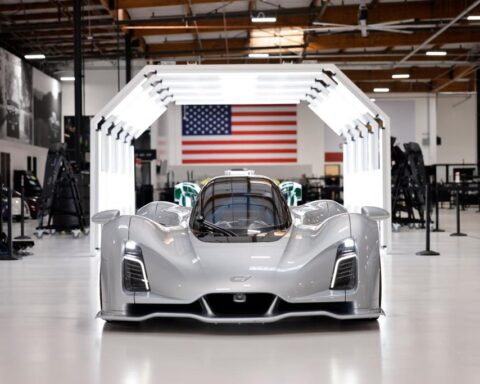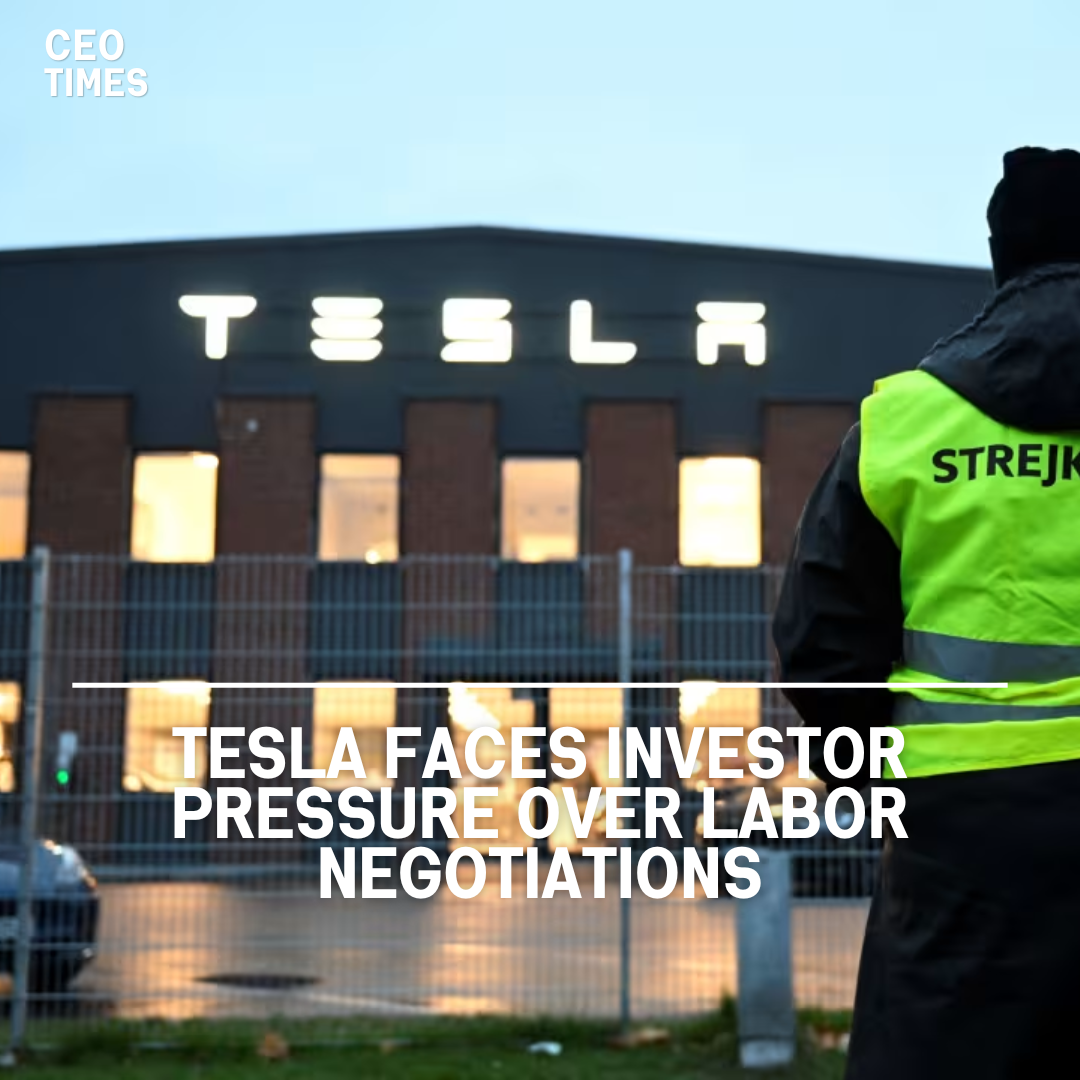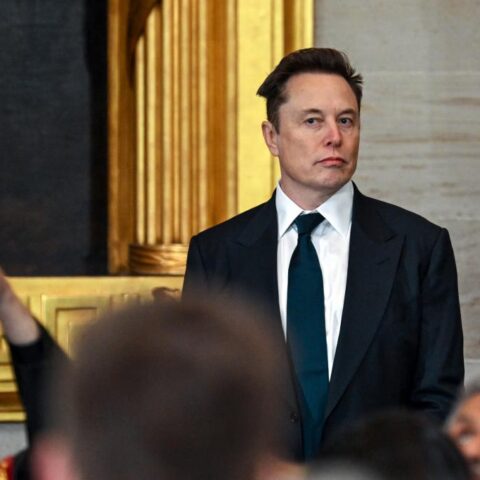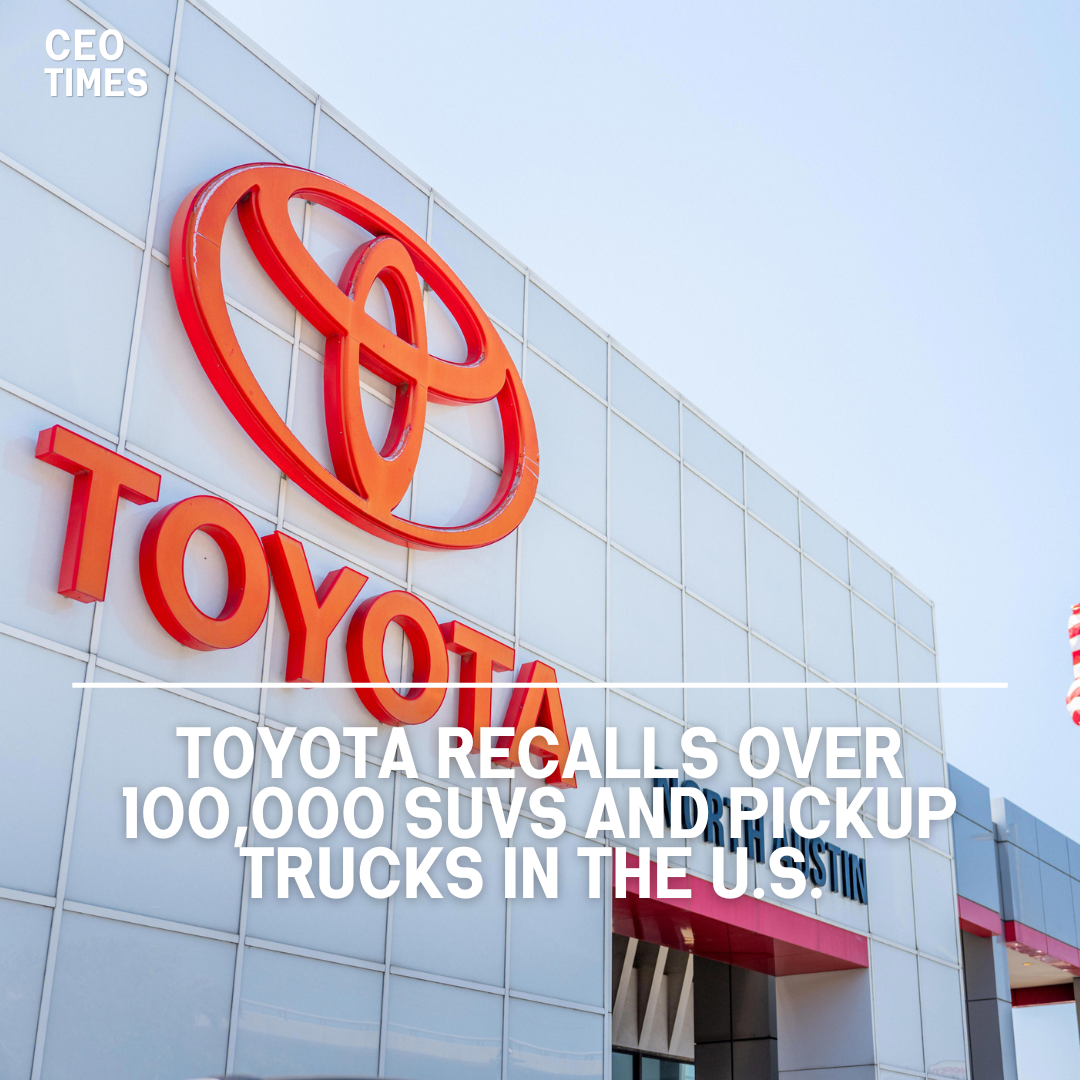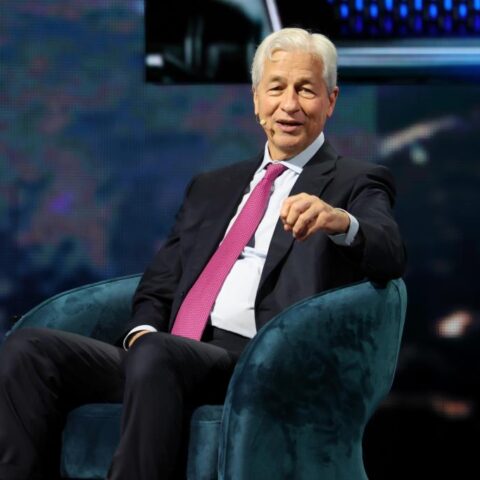Norway’s largest pension fund, KLP, has announced its support for a shareholder proposal urging Tesla to engage in wage and labor negotiations.
This comes as the U.S. electric vehicle maker contends with ongoing industrial action in Sweden, one of the country’s longest labor disputes.
Background of the Strike:
Since October 27, Tesla mechanics in Sweden have been on strike, significantly disrupting the company’s operations. The strike has drawn concern from Nordic institutional investors and has led to sympathy strikes across the Nordic region.
The proposal, which will be discussed at Tesla’s annual general meeting on June 13, calls for the company to commit to non-interference and good faith bargaining regarding freedom of association and collective bargaining.
KLP, holding 900,000 Tesla shares worth approximately 1.7 billion crowns ($162 million), intends to support the proposal. Kiran Aziz, KLP’s head of responsible investments, hopes other shareholders will support the motion.
Support from Other Investors:
Sweden’s AMF pension fund has also pledged support for the proposal and is actively working to garner additional backing from other investors.
AMF emphasized the importance of freedom of association and collective bargaining as fundamental human rights protected by international norms.
The conflict in Sweden could have broader implications for Tesla. If it concedes to demands in Sweden, it could potentially challenge its global stance on unions. Tesla has not yet commented on the situation.
Additional Proposals and Votes:
KLP plans to vote against Tesla’s proposed relocation to Texas from Delaware, citing insufficient rationale for the move and potential associated risks.
Furthermore, KLP will oppose the ratification of CEO Elon Musk’s $56-billion pay package, deeming it excessive and dilutive to current shareholders.
Tesla Financial Performance:
In April, Tesla reported a decline in quarterly revenue for the first time since 2020, with earnings falling to $21.3 billion in the first quarter, compared to $23.33 billion the previous year.
According to LSEG data, analysts had expected higher revenues, averaging $22.15 billion.





